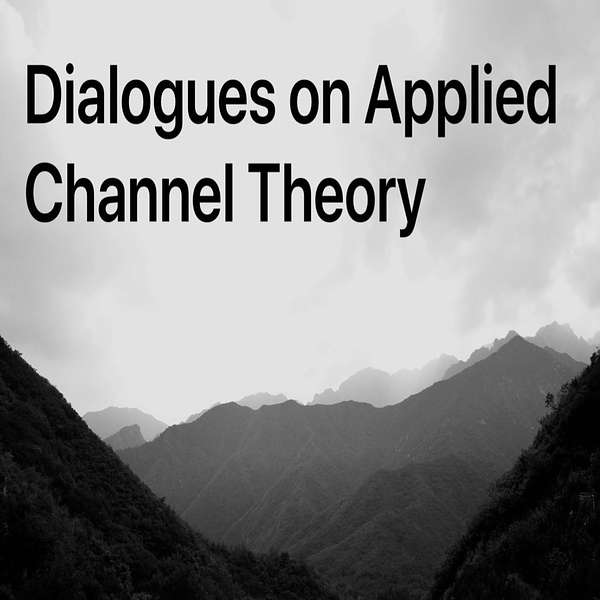
Dialogues on Applied Channel Theory
Dialogues on Applied Channel Theory
Episode 49: Palpation and Wen Jing Tang
In this episode, Jonathan Chang and Jason Robertson discuss a case which shines a light on the interesting role channel palpation might play in Chinese herbal medicine. What seemed like a fairly straightforward gynecological case using Wen Jing Tang (温经汤) offered potential insight into the Yang Ming system. One of Dr. Wang's hopes was to integrate channel palpation more methodically into Chinese herbal medical diagnosis and strategy. To that end, Dr. Wang used herbal formulas in some of his clinical cases but felt that the work was not finished. We're hoping that those listening might find ways to build experience using this approach to evaluate the mechanisms of formulas in their clinics.
Music by The Strayun: Clancy of the Overflow. If you're interested in listening to the entire song, please visit: thestrayun.bandcamp.com/track/clancy-of-the-overflow